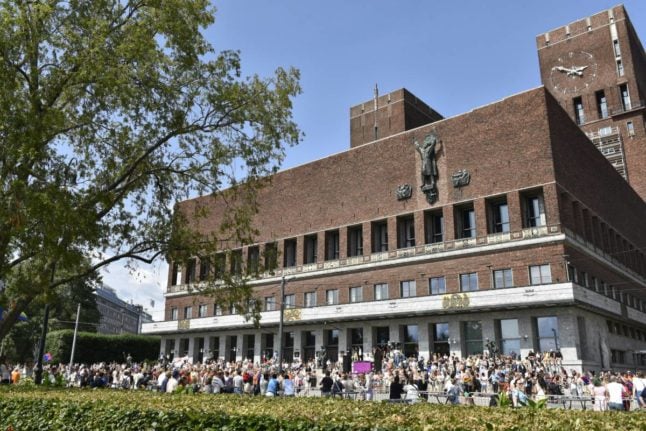In a recent survey of those who have been through Norway’s immigration process, 54 percent of readers told The Local that they had a negative experience dealing with the country’s immigration authorities.
One of the most common complaints among readers was long case processing times, which in more extreme examples extended beyond 18 months and affected applicants’ quality of life and mental health.
This issue, unfortunately, isn’t new, with The Local reporting on extreme waiting times several times throughout 2022.
“Reducing waiting times is of the highest importance to UDI. We have no specific comment to your survey, but previous surveys have shown that around 80 percent of our users have confidence in the casework done by UDI,” Per-Jan Brekke, a senior press adviser for the Norwegian Directorate of Immigration (UDI), told The Local when asked to comment on waiting times and the high proportion of readers who said they had negative experiences.
The UDI has previously provided The Local with the reason for the waiting times and said they were due to a mixture of the pandemic and a new processing system. A change to how cases are processed, introduced in early 2022, meant some cases were pushed to the back of the queue and increased waiting times for applications submitted before 2022.
This change was still impacting the waiting times for Norwegian residence, the UDI told The Local when asked why cases were still taking longer than 18 months in some cases.
“A structural change in how we handle new applications was made at the turn of the year going into 2022. The purpose was to reduce waiting times. While the majority of applications being made after January 1st 2022, as a result, could be handled faster, some applications received before January 1st 2022, got a longer waiting time,” Brekke said.
Brekke added that the UDI was likely to finish processing the cases affected by the change in how it assess cases, with the exception of citizenship applications, within the first half of this year. Furthermore, he added that some cases would naturally take longer to process as they require the UDI to investigate more thoroughly.
The UDI also provided figures on the median waiting times for different application times, indicating that waiting times for Norwegian residence were going down.
The median waiting time for family residence applications was 144 days at the end of September 2022, while work permits took around 50 days to be granted.
By December 31st, 2022, the average waiting time for a family immigration permit to be processed after submitting paperwork and attending interviews was 109 days. This is down significantly from the October figures but also from March 2022, when permits had a waiting time of 174 days.
However, of the over 6,700 family immigration cases waiting to be processed before the end of last year, a quarter of those were submitted in 2021. Since October 2021, the number of applications from before 2021 awaiting a decision fell by around 900, though.
The median waiting times for study and work permits have increased since October 2022. Work permits took 11 days longer, while education permits were up by over 30 days. Still, these were lower compared to March 2022.



 Please whitelist us to continue reading.
Please whitelist us to continue reading.
Udi systems not fit for purpose failing the public miserably they make statements about processing times that are a national disgrace clearly totaly disfunctional the problem is a simple one there is no accountability from the top to the bottom basically a ship sailing without leadership sadly the public will suffer for years to come as politicians and the public do not force debate and change